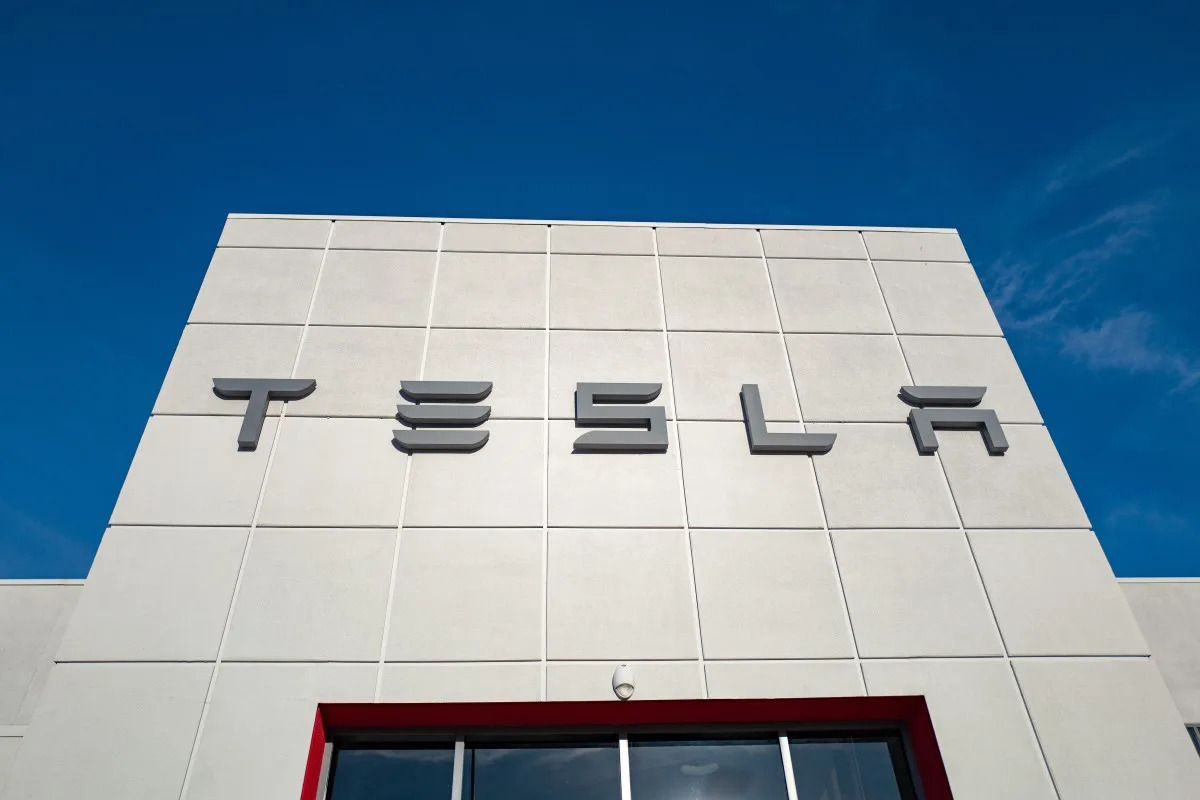Tekedra Mawakana believes in letting the results speak for themselves.
The CEO of autonomous-vehicle company Waymo has fired back at Elon Musk’s proclamations about dominating the self-driving industry, but in her own understated, under-the-radar way, according to a lengthy profile appearing in Vanity Fair.
«There’s zero evidence of anything,» Mawakana said of Musk’s many promises related to Tesla’s self-driving potential, per Vanity Fair. «And there’s so much talk about it.»
«We have a whole service across many cities, right?» she continued. «It’s not a play to have fanboys. It’s a play to, like, actually change people’s lives.»
Few leaders can counter Musk when it comes to brashness and bravado. But for Mawakana, she lets the results do the talking.
«She believes the technology should speak for itself, in customers’ hands, as opposed to telling customers what to believe about the future,» said Alex Roy, a former autonomous vehicle executive, per Vanity Fair. «That’s why I call her the un-Elon.»
Waymo, owned by Google parent company Alphabet, has been off to a fast start in the fierce competition to bring autonomous vehicles to U.S. roadways.
As of May, Waymo said it was offering 250,000 paid rides per week in a fleet of 1,500 autonomous vehicles operating across San Francisco, Los Angeles, Phoenix, and Austin.
At the time, Waymo said it planned to expand its driverless taxis into Atlanta, Miami, and Washington, D.C. by 2026. Since then, it has scaled up those ambitions to include Dallas, Philadelphia, and New York City.
Meanwhile, Tesla has begun operating its robotaxis on a limited scale in Austin and the San Francisco Bay Area, yielding mixed results. Unlike Waymo’s vehicles, which are fully autonomous and have no human operators on board, Tesla’s robotaxis currently have a human monitor on board for safety.
The two competitors are battling it out for their share of a robotaxi industry projected to skyrocket from $1.71 billion in 2022 to $118.61 billion in 2031, according to Fortune Business Insights.
The autonomous vehicle industry as a whole, which could include self-driving big rigs and private vehicles in addition to robotaxis, is expected to be even more massive, reaching upwards of $13 trillion by 2030, per a separate report by Fortune Business Insights.
The good news for public health and the environment is that, to date, both Waymo and Tesla have deployed only all-electric vehicles in their self-driving fleets. Unlike gas-powered cars, EVs don’t release heat-trapping pollution or harmful particulate matter during operation.
For her part, Mawakana will continue to do things her own way.
«I’ve been, for a long while, toiling away at this and pretty under the radar,» she told Vanity Fair. «I genuinely have come to this through a very different path than most people and have arrived in it in a different capacity. And so, like, you know, it looks different.»
Only time will tell which approach ends up winning in the long run, but the data shows that Waymo is off to a big head start.
And those results speak for themselves.
To push the cost savings and environmental benefits of driving an EV even further, you can install solar panels on your home.
Installing home solar will drop your electricity bill to practically zero while charging your vehicle for less than it would cost off the grid or at a public charging station. Plus, you have the added benefit of knowing that your EV is being powered by cleaner, renewable energy from the sun.
EnergySage offers free tools that make it easy to compare quotes among vetted local installers and to take maximum advantage of tax credits and other incentives, saving customers up to $10,000.
